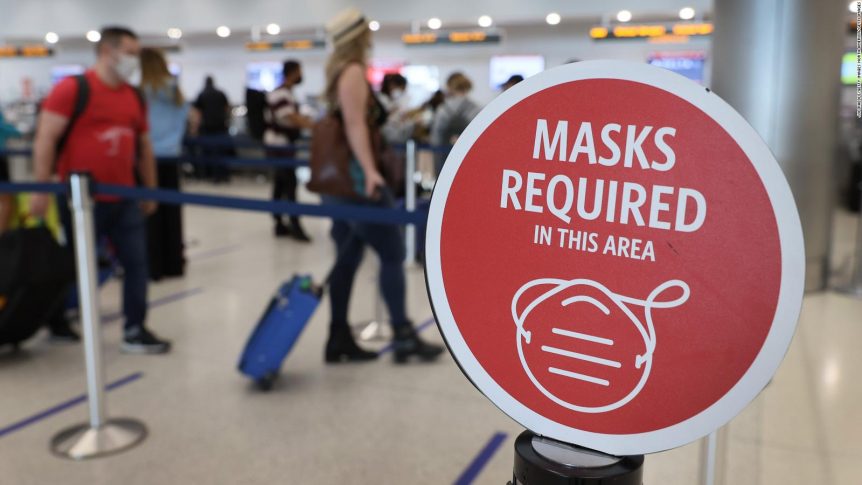A newly enacted TSA mask mandate has been welcomed with enthusiasm by airport and airline workers across the U.S., as it formalizes face-covering requirements on public transportation and in transportation hubs. The rule, which gives the Transportation Security Administration (TSA) the authority to fine noncompliant passengers, marks a significant step forward in the ongoing effort to safeguard air travel during the COVID-19 pandemic.
The policy was met with praise from multiple labor unions and airport authorities. Sara Nelson, President of the Association of Flight Attendants-CWA, stated that this mandate reflects months of advocacy by airline crews and airport employees who have consistently urged the federal government to make mask-wearing a legal requirement during travel. Likewise, a spokesperson for the Service Employees International Union (SEIU), which represents more than 10,000 airport staff, applauded the federal move.
The rule took effect on a Tuesday and is expected to remain in place until at least May, as part of a Centers for Disease Control and Prevention (CDC) order. The directive was one of President Biden’s first executive actions upon taking office, instructing federal agencies to implement stricter enforcement for pandemic safety in public spaces—including airports, train stations, and buses.
Now, TSA officers have the authority not only to deny access to passengers without face coverings but also to impose fines on those who fail to comply. The agency emphasized that violators could face steep penalties, including civil fines, especially for repeated offenses.
Although most airlines had already instituted mask requirements early in the pandemic, the new TSA policy provides legal reinforcement that makes enforcement easier and more consistent. Previously, individual airlines had to rely on internal policies—sometimes resulting in confrontations with passengers. In some cases, airlines placed passengers who refused to wear masks on internal no-fly lists. With this federal backing, airline personnel now have clear support in maintaining safety protocols.
The mandate is seen as a victory for frontline workers who have dealt with pandemic-related challenges for over a year. Not only does it standardize mask-wearing rules across all transportation systems, but it also alleviates pressure on workers who were previously enforcing these rules without formal government support.
Airlines for America (A4A), the trade group representing major U.S. airlines, originally opposed a federal face-covering mandate last summer. However, the organization has since changed its stance and welcomed the mandate, recognizing that it provides uniform guidance and empowers aircrews to ensure compliance with less ambiguity.
Beyond the policy itself, industry leaders are urging the federal government to continue supporting aviation. The airline industry remains among the hardest hit by the pandemic, with widespread layoffs, grounded fleets, and steep financial losses. While the TSA mask mandate is a step in the right direction for safety, many airlines and unions are also advocating for increased financial assistance to keep the industry afloat.
The implementation of the TSA mask mandate represents a coordinated effort to protect both employees and passengers during air travel. With clearer authority, enforced penalties, and broader support from industry organizations, the rule brings much-needed clarity and safety as the nation continues to navigate the effects of COVID-19.
Photo Credit: Getty Images

